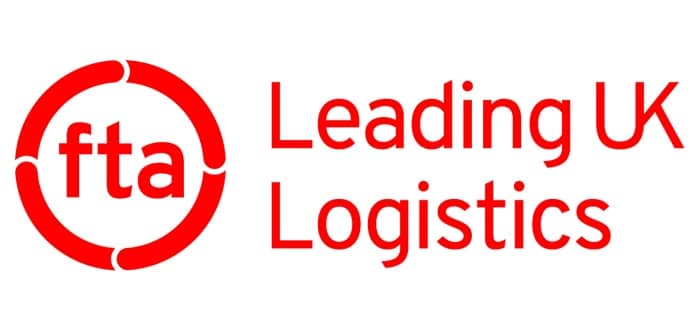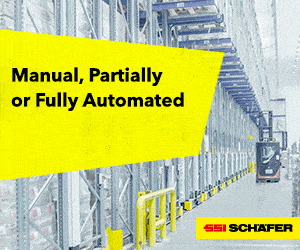The plans announced today (21 June 2018) for Clean Air Zones in Leeds and Birmingham show some steps forward for managing the impacts on business in the cities, according to the Freight Transport Association (FTA), but the schemes will still produce substantial costs for small businesses.
Leeds Council has listened to a key FTA argument about restricting the size of zones where possible. The proposed boundary of the city’s Zone has been adjusted to achieve the same air quality effects, while reducing the number of HGVs located within the Zone, from 13,000 to an estimated 4,500. The charge for entering the Zone will be £50 per day for HGVs – half that of London – and this should be enough to deter almost all operators but makes it feasible for occasional essential trips by an older vehicle. The Zone remains a category B which means van users will not be affected.
Birmingham has set out plans for a Zone covering just the area inside its Middle Ring Road – smaller than the city-wide zone that had been feared by those responsible for deliveries to businesses within the centre of the city. However, the proposals will cover all vehicles, so small businesses with vans as well as those with lorries will be affected. Vans as recent as three years old will be charged under the proposals.
FTA’s Head of UK Policy Christopher Snelling is cautious about the proposals: “CAZs only bring a temporary air quality benefit, bringing forward what was coming anyway. We need Councils to implement these Zones with as much sensitivity to local businesses as possible. Leeds, especially, has listened to the concerns we and others expressed and reduced the impacts while still achieving their air quality objectives and we urge other cities to do the same.
“In both Leeds and Birmingham there will still be substantial impacts on small businesses, both from the costs of undertaking their daily work and shortening the lifespan of existing vehicles, that threaten their business models. CAZs need to be a last resort and as small as possible where they are used.”
Efficient logistics is vital to keep Britain trading, directly having an impact on more than seven million people employed in the making, selling and moving of goods. With Brexit, new technology and other disruptive forces driving change in the way goods move across borders and through the supply chain, logistics has never been more important to UK plc. A champion and challenger, FTA speaks to Government with one voice on behalf of the whole sector, with members from the road, rail, sea and air industries, as well as the buyers of freight services such as retailers and manufacturers.











